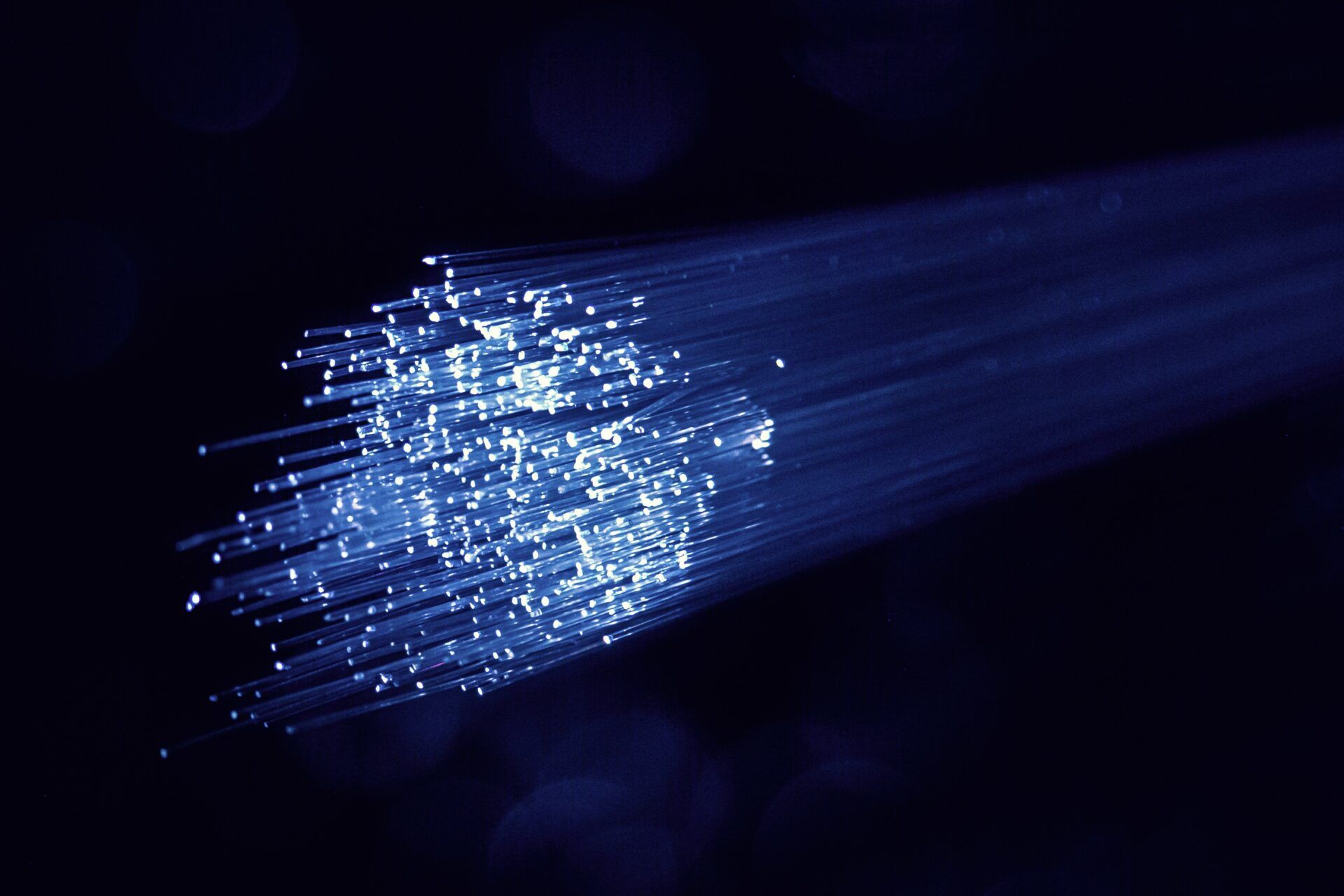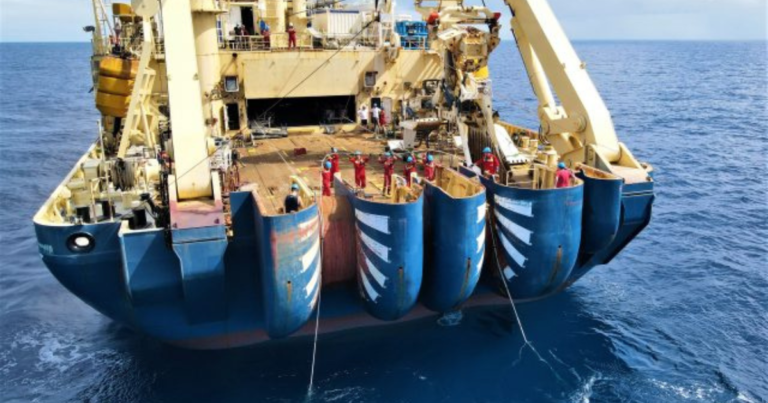Google’s Equiano Cable Arrives in Swakopmund, Namibia

Equiano, a Google subsea internet cable that will connect Europe and Africa by way of a cable that runs around the west coast of Africa from Portugal to South Africa, has arrived in Swakopmund, Namibia. The Equiano cable is designed to start from Portugal in Western Europe and run more than 12,000km along the West Coast of Africa. As expected, the cable had landed in Lomé, Togo, in March; Lagos, Nigeria, in April and now Swakopmund, Namibia.
The cable will reach Rupert’s Bay, Saint Helena, and Melkbosstrand, South Africa. In addition, it will establish a valuable new high-capacity internet connection between the African continent and Europe.
In a statement made by Barney Harmse, CEO of Paratus Group, one of two companies chosen to construct the cable landing station (CLS) in Namibia along with Telecom Namibia, he did not doubt that the Equiano cable will significantly increase Namibia’s capacity for international bandwidth.
According to data from the World Bank, Namibia has a 41% internet penetration rate, more than the 25% regional average for sub-Saharan Africa. As the nation works to realize its Vision 2030 objectives, which regard ICT as a vital pillar of the country’s economy, the Equiano cable landing would boost internet connectivity status in the nation further.

According to Harmse, Namibia has relied on the West Africa Cable System (WACS) for its international connectivity. The Equiano cable, which will be fully operational by Q4 of this year, will offer four times the bandwidth capacity of this system and guarantee better connectivity throughout Namibia as well as faster data transmission on a global scale.
Equiano Cable + Starlink + Regional Telcos
Africa is now shaping up with more sophisticated internet provision. MTN and Airtel are battling to increase internet penetration via 5G. Musk’s Starlink can deliver 150Mbps internet speeds to any place on the planet. All the customer needs is a clear view of the sky. Research indicated that in the next three years, the Equiano cable would increase internet speeds in the country by more than 2.5 times and increase internet penetration by 7.5%.
These internet generation services will not only provide higher internet service for Africans, but they’re also economic growth stimulators. In addition, Internet penetration will reshape Africa’s international connectivity demand and strengthen modern communication.
According to Dr. Stanley Shanapinda, CEO of Telecom Namibia, the Equiano cable is anticipated to increase connectivity and hasten the development of 21,000 indirect employments in Namibia between 2022 and 2025. Stanley also noted that the Equiano cable would expand the digital economy and associated business sectors.
